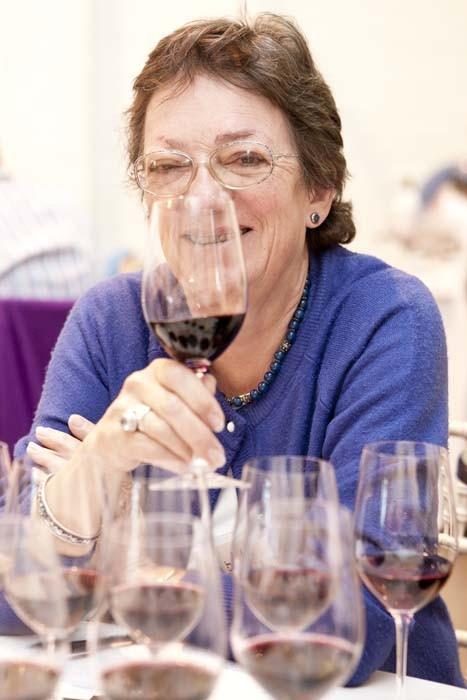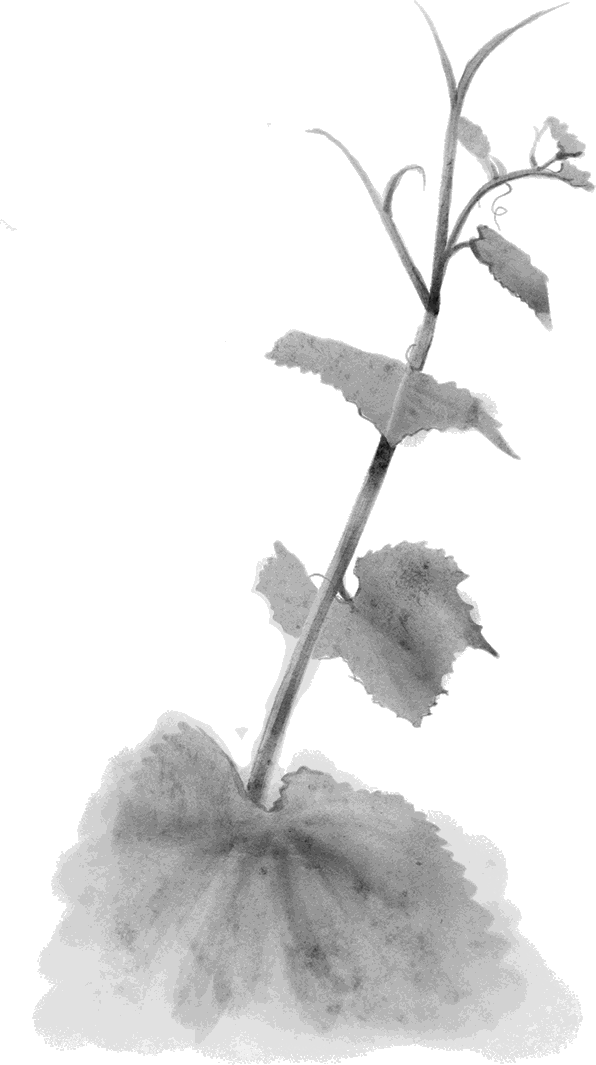Rosemary George à propos de la passion de Michel Laroche pour Chablis

Rosemary George est Master of Wine et également journaliste indépendantes pour de nombreux journaux et magazines.
Son séjour à Chablis l'a mené au Domaine d'Henri, et quelle surprise ce fut alors pour Rosemary de découvrir qu'il s'agissait du nouveau domaine de Michel et ses enfants.
Elle retrace dans cet article pour Zester Daily, la carrière de Michel dans le vin et sa passion pour Chablis.
"Winemaker Michel Laroche Embraces Roots Of Chablisby: ROSEMARY GEORGE
On my recent visit to Chablis, France, I asked to see new producers and was slightly taken aback to find the name Michel Laroche at the top of the list. Laroche has been making wine, and then running a thriving business, ever since his very first harvest back in the terrible vintage of 1963. Over the years he has been at the forefront of innovation in Chablis, with horizons stretching far beyond the narrow valley of the river Serein. And now he has reinvented himself as a true vigneron, cultivating the grapes for the wine that he makes.
In the 1970s and 1980s, when expansion of the Chablis vineyards was at its height, Laroche was responsible for the development of a large négociant business, buying the grapes or juice for wine, and the growth of the family estate to some 100 hectares (about 247 acres). Not content with Chablis, he developed a wine estate in the Languedoc, Mas la Chevalière, outside Béziers for vins de pays (country wine), because he wanted to try his hand at red wine. In 2005, he bought a wine estate in South Africa, l’Avenir; there was also a venture in Chile. He was a fervent promoter of screw caps at a time when the French market deemed them an anathema. And making use of his wife Gwénaël’s talent for interior design, he opened an elegant hotel and wine bar in Chablis itself. Then in 2010, he sold out to Advini, a company run by the Languedoc family, Jeanjean, which incorporates several wine estates in the key vineyard areas of France.
Laroche can always be relied upon for a perceptive overview of the Chablis market. A former manager of the town’s main bank described him as un grand homme du marketing (a great marketeer) — and she should know, as she doubtless saw the business plans of most of the vignerons of the appellation. After the fusion with Advini, Laroche stayed on for a two-year transition period, consulting on marketing, but now has returned to his roots and become a vigneron, based on his father’s original vines. Appropriately, Laroche’s new venture is called Le Domaine d’Henri after his father, and the label features a charming photograph of his parents enjoying a harvest meal in their vineyard. Laroche has four children, and his two daughters, Céline and Margaux, work with him. Although his sons have taken different career paths, Laroche insists that it is a family business for them all.
The core of the estate is 14 hectares (34.6 acres) of vineyards that belonged to his father and he has bought 8 more hectares (19.8 acres). They are mostly on the right bank of the Serein and include several plots of Fourchaume. There is a new cellar on the outskirts of the town. The vineyards are run organically, but the label does not say so because Laroche wishes to reserve the right to use a conventional spray if the climate demands it, as it did in 2013. His winemaker is Thibaud Baudin, who has worked in the Côte d’Or and in New Zealand, and then most recently for Advini at Domaine Laroche.(...)"
Here is the full article, on Zester Daily.

